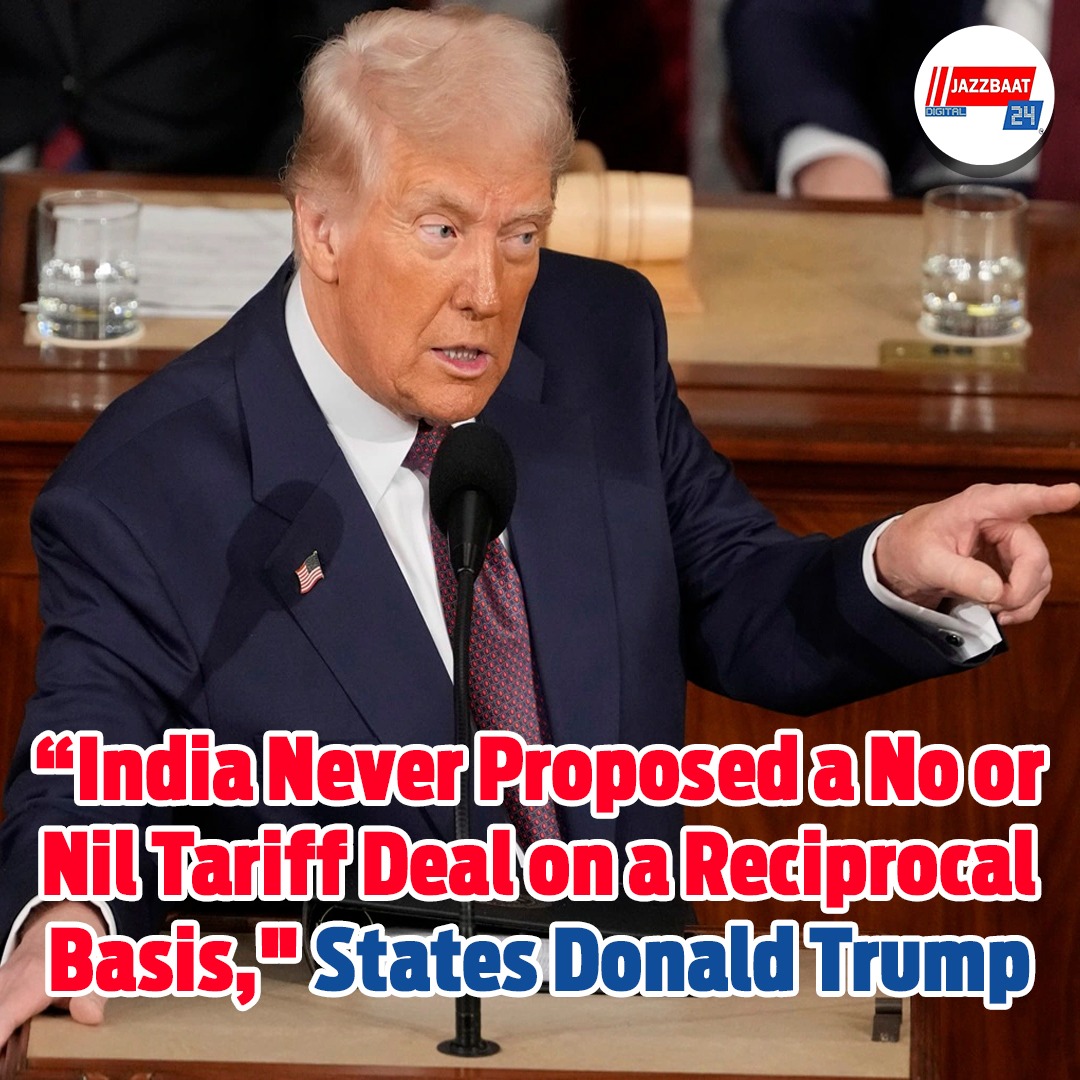
Former US President Donald Trump has again diverted attention to India's trade policies, saying that under his presidency, India never presented a "no or nil tariff" offer on a reciprocal basis. Trump's statement made at a recent campaign rally is sparking the long-standing controversy over trade deficits and tariffs between the two countries.
"They were charging us gigantic tariffs, and we were simply going to have to accept it," Trump said. "I asked for a deal — fair, zero tariffs both ways but India refused me close to that.
This was an allusion to Trump's ongoing complaint about unequal trade. During his presidency, he called for more equitable terms in foreign trade agreements, which he often targeted nations like China, Mexico, and India. Trump kept referring to the high tariff India levies on American goods, especially motorcycles, dairy products, and medical equipment, as an example of uneven trade. India, for its part, has defended its tariff system based on its status as a developing economy. Indian policy makers have traditionally argued that tariffs protect local industries and create space for economic development. Earlier, the Indian government also stressed the fact that the U.S. has a services trade surplus, which goes some way to making up for the deficit in goods.
While there were talks of a partial trade deal during Trump's time in office, negotiations never materialized. The two failed to reach consensus on tariffs, access to markets, and e-commerce.Trade relations have remained a contentious issue between the two democracies, with both governments occasionally taking protectionist policies to shield local industries.
Trump's re-fresh focus on the issue is a sign that trade and tariff can become center stage as a political talking point as he seeks a second term. How much of that will translate into a policy shift in U.S.-India relations is to be determined, but at least such rhetoric does revive old grievances in the debate over "fair trade" within the globalized economy.